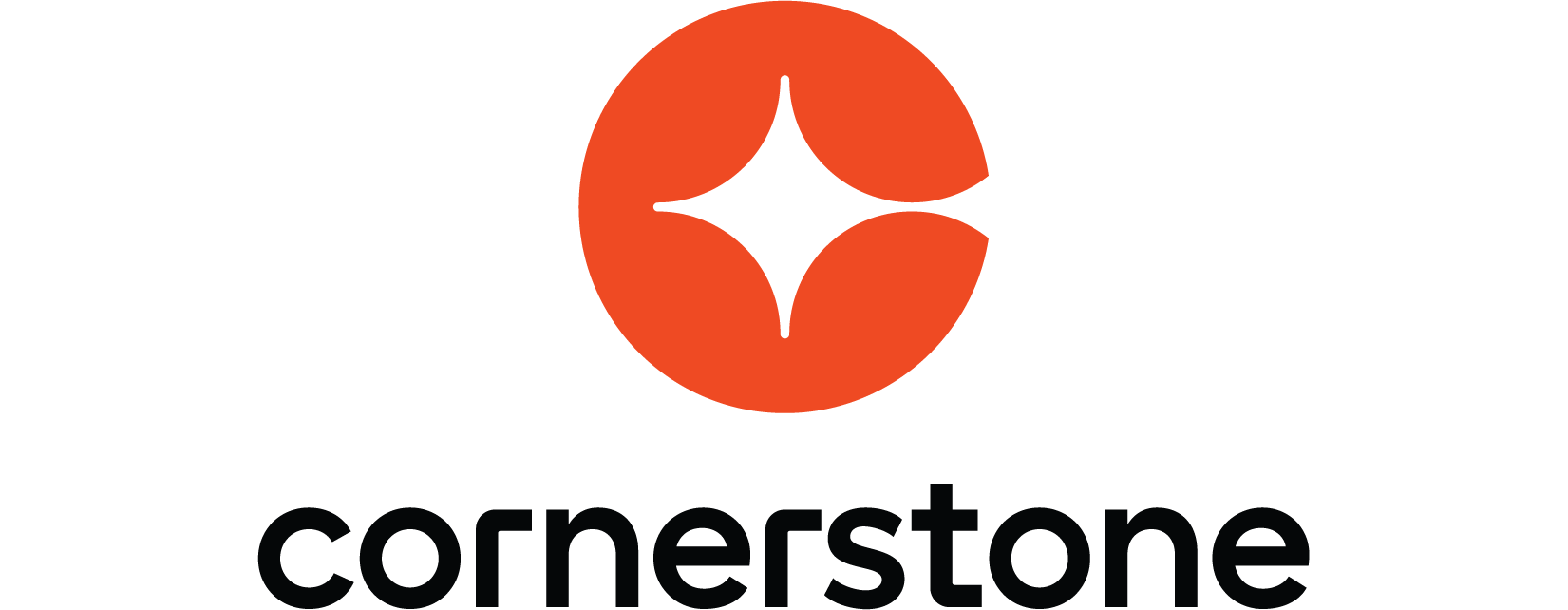Catch up on part one of this article before reading the below here.
From research to reality
What can companies do to better address the need of knowledge workers for recognition and for being valued the right way by the right people?
Career coaches who know what knowledge workers care about
For line managers and HR professionals, it is often difficult to pay sufficient attention to the specific needs of knowledge workers. Regular managers are neither trained nor do they have the time and resources to give top talent the attention they need.
Retaining top talent:
Training is the answer to skills and retention fears, businesses decide
Earth Day: how HR can use sustainability to attract top talent
Retain key talent through data insight
Unsurprisingly, Deloitte indicates that in 22% of cases, dissatisfaction with the manager or supervisor leads top talent to quit.
It may require specialised coaches to fill this gap. Coaches can serve as mentors and listeners, and they can help managers in supporting the overall development of top talent, by identifying, for instance, relevant opportunities.
Coaches can further act as a bridge between the manager and employees, and help find solutions when tensions arise.
However, not any career coach will be suitable for this job. Our research suggests that mobile knowledge workers particularly trust the opinion of those who have sufficient domain expertise and foreign experience.
Coaches with international experience in the professional field knowledge workers are in will be most effective in this role.
The importance of a community-based valuation culture
Knowledge workers value external feedback from people who are part of their professional community. Employers can promote such feedback by establishing a community-based valuation culture.
One way to do this is to encourage your top talent to attend conferences or workshops on important topics with professional peers from partner organisations, like suppliers or academic institutions. In this way, knowledge workers get connected to their professional community and perceive their employers as part of this community instead of an isolated entity.
Another way to do this is to encourage external trainings or events where employees get awards or recognition. These events could include professional contests, competitions, or even hackathons.
Such challenges make employees feel more motivated and, in turn, less inclined to quit. At the same time, it makes external recognition a regular form of validation in the experience of knowledge workers.
External awards should be visible on the corporate website and communicated to superiors and colleagues. This helps establish a valuation culture that is not narrowly based on internal reviews, but that combines internal and external feedback in smart ways.
Universities do that all the time for academics – for example, by recognising external best paper awards in internal promotions and informal celebrations.
A visible culture of recognising employees in the broader professional community will also help attract new talent as potential candidates would already get a glimpse of your valuation culture.
The diffusion of this culture in your organisation and your strong presence at external events help build the corporate brand and show new talents that they are genuinely valued.
Knowledge workers as internal and external resources
What if you pay attention to the needs of your top talents and they still leave? Well, mobile knowledge workers may leave for various reasons. They may be simply driven by the urge to further develop themselves in new contexts abroad. But if your company has a strong valuation culture and knows how to make employees feel recognised, they will be unlikely to leave out of frustration.
What’s more, leaving is not the same as quitting. Your valued employees may choose to leave and still stay connected to your company – especially if your company is strongly embedded in professional communities.
Employees who have left are never truly gone – instead they may become an invaluable external resource in the future, serving as external coaches or special guests at conferences.
Maintaining ties with former employees in the wider professional network also increases the external pool of on-demand experts, and of contacts for potential future alliances and collaborations.
And who knows – maybe your former employees may even choose to return to your organisation at a later point in their careers.
The full article of the above first appeared in the May/June 2022 print issue. Subscribe today to have all our latest articles delivered right to your desk.
Kamila Moulaï is a Marie Curie postdoctoral fellow at Rotterdam School of Management at Erasmus University in the Netherlands and Stephan Manning professor of strategy and innovation at Sussex University Business School in the UK.











